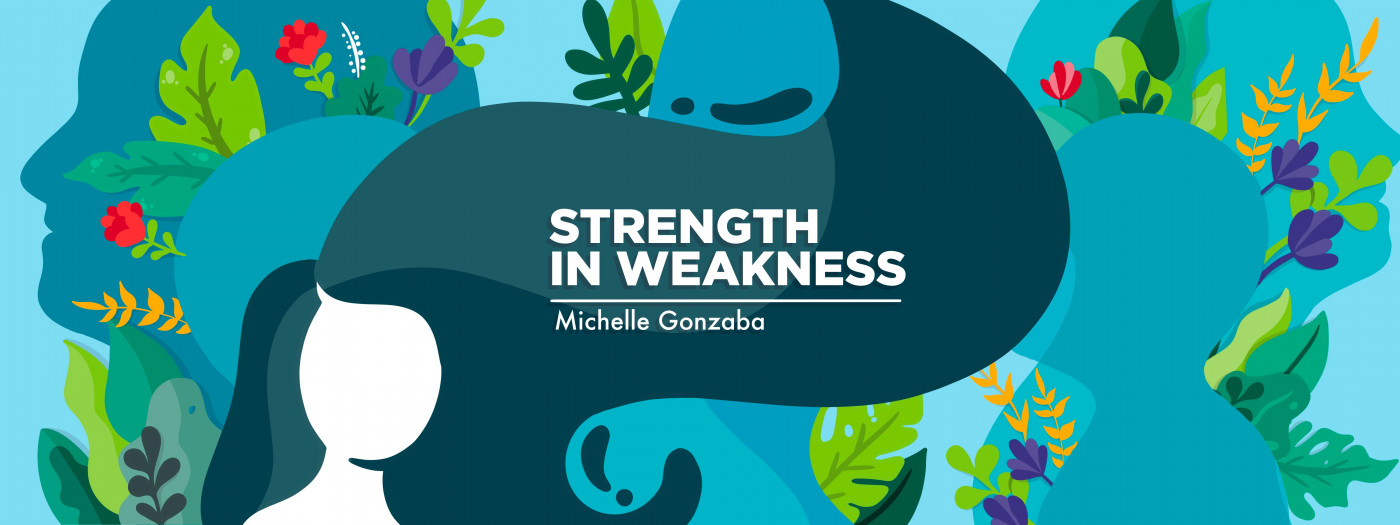Why Is MG Such a Large Part of My Identity?
Written by |

I wouldn’t describe myself as a nervous person. I’m plagued by anxiety, sure, but I’ve become pretty good at managing it. There is, however, a particular sentence that makes me break out into a sweat: “Tell me about yourself.”
We’ve all heard this before, whether during a first date or a job interview. I’m confident that no one is a fan of this question. Even if I can muster up an answer, I’m left with more questions than answers about myself.
Ever since I was diagnosed with myasthenia gravis (MG), I’ve been unable to separate it from my core identity. Even if I haven’t always been completely open or forthcoming about my rare disease, I’ve always considered it to be a core part of who I am.
But as I’ve grown older and accepted the realities of the disease, I’ve grown tired of MG being such a large part of my identity. So many of my instincts are based on the trauma and grief caused by MG. For example, my fear of hospitals is rooted in a myasthenic crisis and subsequent stay in the ICU. I freak out when I have any type of muscle weakness, whether it’s related to MG or not.
I’m ready to define myself without giving so much influence to MG, but how do I let go of the trauma and grief when they’re such a large part of who I am?
In the sci-fi novel “Ender’s Game,” by Orson Scott Card, the protagonist, Ender, faces a similar issue. After successfully leading an army against an alien race, Ender is encouraged by his sister to move on from his mission. But he’s uncertain about whether he could ever really escape the trauma of his experiences.
“I’ve lived too long with pain. I won’t know who I am without it,” he says.
Like Ender, I feel like I would lose a big part of who I am if I truly let go of my MG-related trauma. I’ve spent so much time defining myself in ways that focus on my MG. I am someone who has suffered, grieved, and been forced to accept that these things were caused by something that can’t be explained.
I wonder why I give MG so much power in my life. It has affected me greatly, and I’ll live with it for the rest of my life, but it’s certainly not the only thing that’s a part of me. I’m also a decent sister, daughter, friend, and co-worker. I make a mean spongecake and love having opinions about movies I’ve never seen. Why don’t I identify with those aspects of my life more, the ones that bring me happiness rather than anxiety?
While I can never ignore what MG has done to me, I can start focusing on the parts of me I’m proud of. I’ll always find it hard to define myself, but at least I’ll know that there’s more to me than my MG.
Note: Myasthenia Gravis News is strictly a news and information website about the disease. It does not provide medical advice, diagnosis, or treatment. This content is not intended to be a substitute for professional medical advice, diagnosis, or treatment. Always seek the advice of your physician or other qualified health provider with any questions you may have regarding a medical condition. Never disregard professional medical advice or delay in seeking it because of something you have read on this website. The opinions expressed in this column are not those of Myasthenia Gravis News or its parent company, Bionews, and are intended to spark discussion about issues pertaining to myasthenia gravis.




Leave a comment
Fill in the required fields to post. Your email address will not be published.